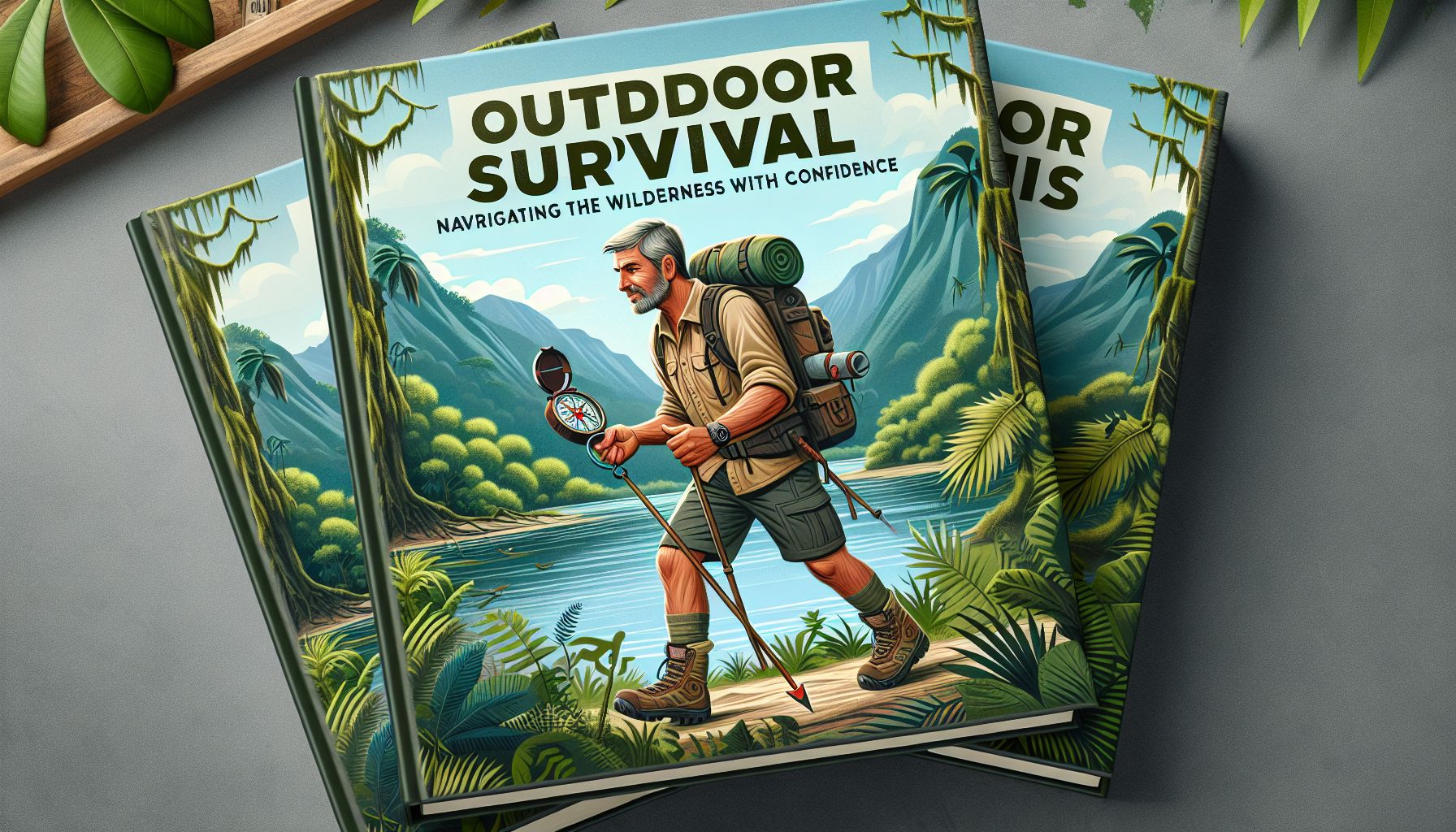Outdoor Survival Tips: Navigating the Wilderness with Confidence

Exploring the great outdoors is an exhilarating experience, offering a chance to connect with nature and test our limits. However, venturing into the wilderness requires careful planning and survival skills. Whether you’re an outdoor enthusiast, a camping lover, or an explorer at heart, understanding the principles of outdoor survival is crucial. In this article, we will dive into some essential tips to help you navigate the wilderness with confidence.
1. Preparation is Key
Before embarking on any outdoor adventure, proper preparation is absolutely essential. Begin by familiarizing yourself with the area you plan to explore. Research the climate, terrain, and potential hazards. Knowing what to expect will enable you to better prepare for various challenges that may arise.
Next, ensure you have the necessary equipment and clothing. A reliable source of clean drinking water is vital, so pack a water filtration system or purification tablets. Additionally, dress in layers to adapt to changing weather conditions. Don’t forget to bring a well-stocked first aid kit, a compass, a map, a sturdy knife, and a reliable means of starting a fire.
2. Sharpen Your Hunting Skills
In a survival scenario, hunting wild animals can be a valuable skill, providing both sustenance and a connection to nature’s resources. However, it is crucial to always prioritize ethics and follow legal regulations. If you choose to hunt, take some time to develop your hunting skills beforehand.
Learn to identify animal tracks and signs, enabling you to track and locate game. Acquire knowledge about local animals’ behavior patterns, feeding areas, and migratory routes. This information will help increase your chances of successfully hunting for sustenance.
3. Embrace Your Inner Outdoor Survivalist
Outdoor survivalists possess a wide range of skills that allow them to thrive in even the most challenging environments. Some of these skills include building shelters, starting fires, finding and purifying water sources, and crafting tools from natural materials.
-
Shelter construction: Learn how to build simple shelters using available natural resources like branches, leaves, and debris. This skill is invaluable, providing protection from the elements and ensuring a good night’s rest.
-
Fire-starting techniques: Familiarize yourself with different fire-starting methods, such as using a fire starter kit, flint and steel, or friction-based techniques. Understanding the principles of fire-building ensures warmth, cooking capabilities, and the ability to signal for help if needed.
-
Water sourcing and purification: Knowing where to find water and how to make it safe for consumption is critical. Learn to identify potential water sources like rivers or streams, and utilize purification methods such as boiling, chemical treatment, or using portable water filters.
-
Crafting tools: Develop the ability to craft basic tools from natural materials. Learning to create spears, fishing traps, or simple snares can significantly increase your chances of finding food.
4. Grow Food Organically
While hunting can provide nourishment, growing your own food organically can be an excellent way to sustain yourself over an extended period. Consider carrying lightweight gardening tools, seeds, and a small planting container. Learn about the plants native to the area you’re exploring and their potential uses. Cultivating edible plants such as fruits, vegetables, and herbs can supplement your diet, ensuring you have a sustainable long-term food source.
5. Edible Foods in the Forest
When foraging in the wilderness, having knowledge of edible plants can be a lifesaver. Familiarize yourself with plants like dandelions, chickweed, stinging nettle, cattail, and wild berries. These plants are often abundant and provide valuable nutrients. However, exercise caution and consult a reliable resource to differentiate between edible and poisonous plants. Making an incorrect identification can have severe consequences.
Conclusion
Embarking on an outdoor adventure can be a truly transformative experience, tapping into our primal connection with nature. However, to ensure a successful and safe journey, it is crucial to equip yourself with the necessary skills and knowledge. Remember to always prepare thoroughly, sharpen your hunting skills responsibly, embrace the outdoor survivalist spirit, consider growing food organically, and familiarize yourself with edible foods found in the forest. With these essential tips, you can confidently navigate the wilderness, ready to face any challenge that comes your way. Now, go forth and immerse yourself in the beauty and serenity of nature!